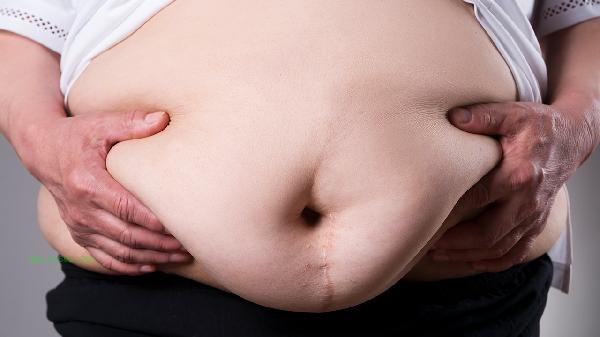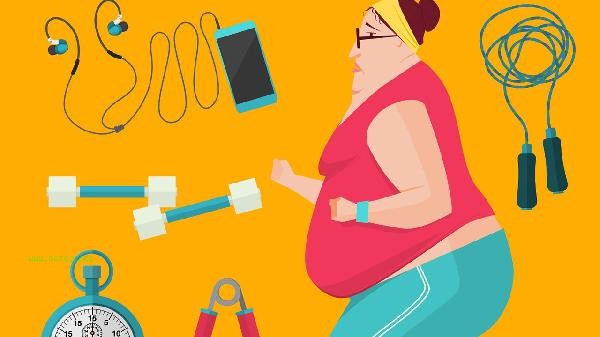Dieting for weight loss usually shows short-term effects within 3-7 days, and the actual effective time is closely related to basal metabolic rate, dietary control intensity, initial weight, water content changes, and exercise coordination.

1. Metabolic differences: People with higher basal metabolic rates experience faster weight loss in the early stages, while those with higher muscle mass tend to experience dehydrated weight loss more quickly due to glycogen reserve depletion. People with thyroid dysfunction or insulin resistance may take longer to observe changes.
2. Dietary intensity:
When the daily calorie deficit is controlled at 500-800 calories, the first three days mainly consume liver glycogen leading to water loss, resulting in a weight loss of about 1-3 kilograms. A very low calorie diet of less than 800 calories per day may trigger ketosis, but excessive restriction can trigger metabolic protective mechanisms.
3. Weight base: Obese individuals with a BMI greater than 28 may lose 2-5 kilograms in the first week, of which 60% is water. People with normal BMI have a smaller weight loss range, about 0.5-1.5 kilograms, and need to cooperate with body fat percentage monitoring to determine the true weight loss effect.
4. Water fluctuation:

Low carbohydrate diet leads to the loss of 3 grams of water for every 1 gram of glycogen consumed in the first 3 days. High salt diet or physiological cycle can cause edema and interfere with body weight. It is recommended to measure more accurately after fasting and defecation in the morning.
5. Exercise synergy:
30 minutes of aerobic exercise per day can improve weight loss efficiency by 20-30%, while resistance training can reduce muscle loss. Excessive dieting combined with high-intensity exercise may cause an increase in cortisol levels, which can actually delay the process of weight loss.
In the initial stage of weight loss through simple dieting, water and muscle loss are the main factors. It is recommended to adopt a balanced diet with limited energy to reduce 300-500 calories per day, ensure protein intake of 1.2-1.5 grams per kilogram of body weight, and lose no more than 1% of total body weight per week. Regularly measure waist circumference, body fat percentage, and other indicators in conjunction with impedance training and adequate sleep. If there are signs of dizziness, amenorrhea, etc., extreme dieting should be stopped immediately, and if necessary, a nutritionist should be sought to develop a personalized plan. Long term healthy weight loss requires establishing sustainable eating and exercise habits to avoid falling into a diet binge eating cycle.





Comments (0)
Leave a Comment
No comments yet
Be the first to share your thoughts!